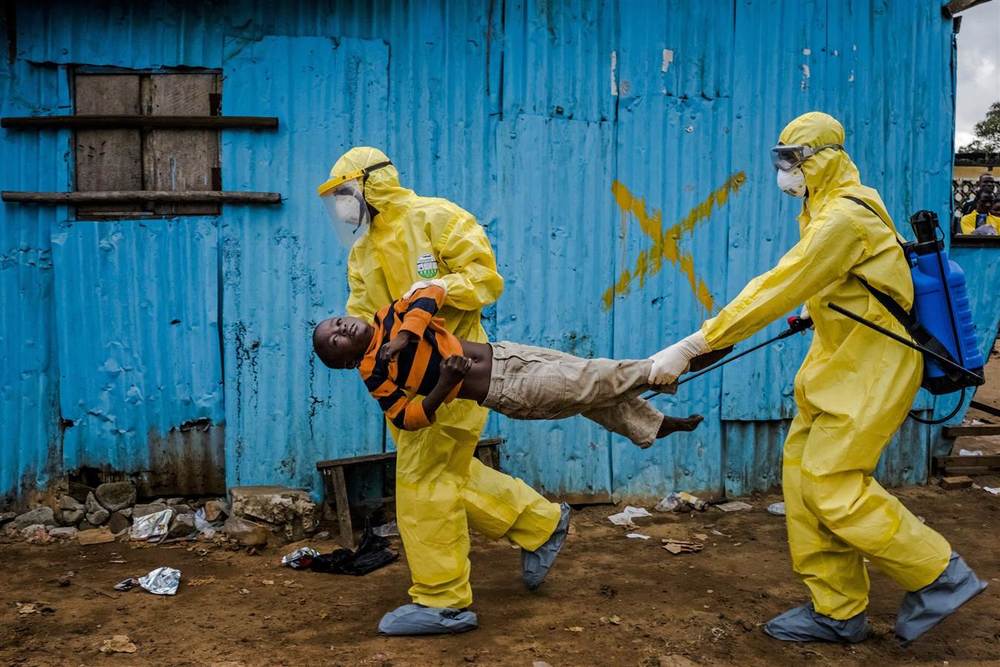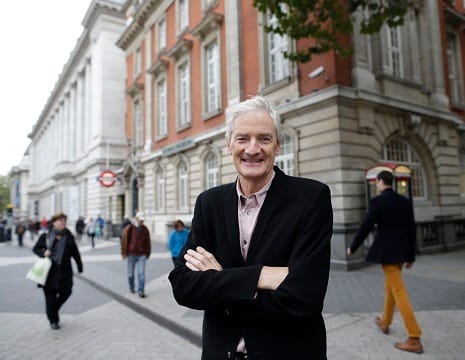Ebola may increase cases of malaria
Philippa Skett reports on the latest finding from the MRC

The most recent findings from the Medical Research Council (MRC) Centre for Outbreak Analysis & Modelling has predicted an extra 3.5 million cases of malaria as a result of the epidemic. Researchers based at the Centre have also found that the disease hits those under one year of age hardest, with 90% of those infected dying shortly after.
Results from models developed by one research team have found that the Ebola epidemic has also resulted into an additional 3.5 million cases and an additional 10,900 extra deaths from malaria.
Countries hit by Ebola, including New Guinea, Sierra Leone and Liberia saw major disruption or closure of their healthcare facilities as a result of the outbreak.
Due to the nature of Ebola and its transmission, isolating those infected and ensuring the safety of the healthcare workers has overwhelmed and disrupted healthcare provisions across the three countries, having a knock-on effect on treating those with other ailments.
The researchers then modelled the effect removal of healthcare would have on these numbers. They used demographic and health survey data from 2000 up until the first Ebola outbreak in March 2014.
They found that without any medical care whatsoever, the number of cases of malaria rise by 45% in Guinea, 88% in Sierra Leone, and an incredible 140% in Liberia. This is equivalent to 3.5 million cases of the disease, and a further 10,000 malaria-attributable deaths. Half of these cases would affect children under five years of age.
However, the researchers also found that mass drug administration and distributing more insecticide-treated mosquito nets could mitigate the effect somewhat.
“The on-going Ebola epidemic in parts of west Africa… [is] threatening to jeopardise progress made in malaria control and elimination over the past decade,” said lead author Dr Patrick Walker.
“In heavily affected Ebola areas the indirect impact of Ebola upon malaria deaths is likely to be of a similar magnitude to the public health burden caused by cases of Ebola directly.”
Another research group based at the MRC Centre for Outbreak Analysis & Modelling, collaborated with the World Health Organisation, alongside researchers from the University of Toronto and the University of British Columbia to address the demographics the disease is hitting hardest.
The group of researchers found that the disease progresses more quickly and is more likely to be fatal for children under five. 90% of children under the age of one fall fatal to the disease too, compared to 80% of those infected that are aged one to four.
Nearly 4,000 children under sixteen have suffered from the disease since the epidemic began over a year ago, and the proportion of those effected by Ebola who are children is also increasing over time.
Their research found that children infected with Ebola have a shorter incubation period then adults, with those under one year of age on average harbouring the virus for 6.9 days before presenting with symptoms.
Not only that, but the researchers found that symptoms are generally different for those of different ages. Younger children are less likely to present with abdominal, joint or muscle pain, but are more likely to have a fever.
Professor Christl Donnelly, a co-author of the study, said: “These findings show that Ebola affects young children quite differently to adults, and it’s especially important that we get them into treatment quickly.
“We also need to look at whether young children are getting treatment that’s appropriate for their age.”
The MRC Centre for Outbreak Analysis and Modelling is based at Imperial’s St Mary’s Campus, in West London.
Founded in 2007, the Centre aims to research disease spread to better prepare for and shape responses to epidemics.
Those working at the Centre are currently analysing and modelling the spread of diseases such as SARS, avian flu, swine flu, alongside Ebola and malaria.










